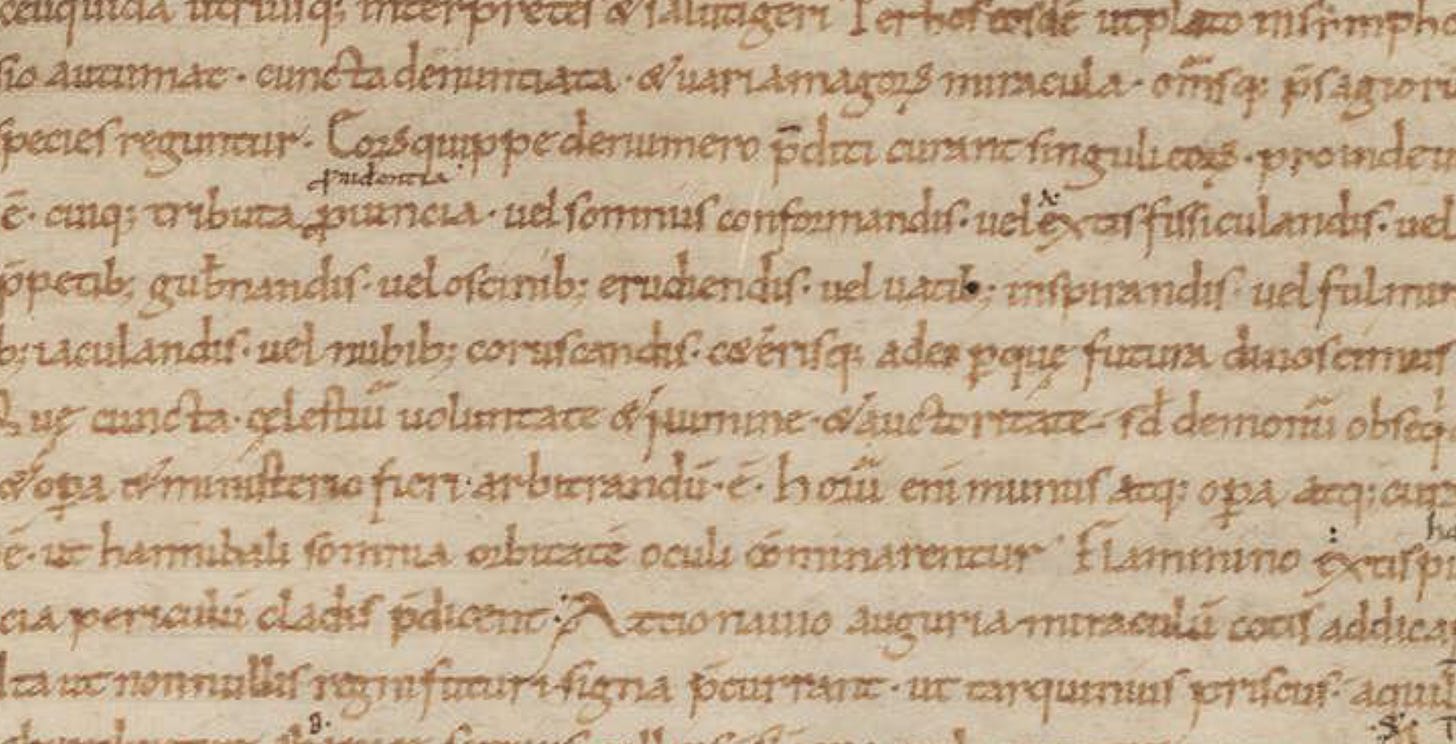Script as a source of authority

The history of writing may be broadly divided into two large periods: the instrumental and authoritative stages. In the first period, ranging from the invention of script to around 1100 AD in the West (yes, the West, as there is always a point of view from somewhere, and this is mine), writing was conceived as an extension of human memory, like an exter…
Keep reading with a 7-day free trial
Subscribe to Biblonia to keep reading this post and get 7 days of free access to the full post archives.

